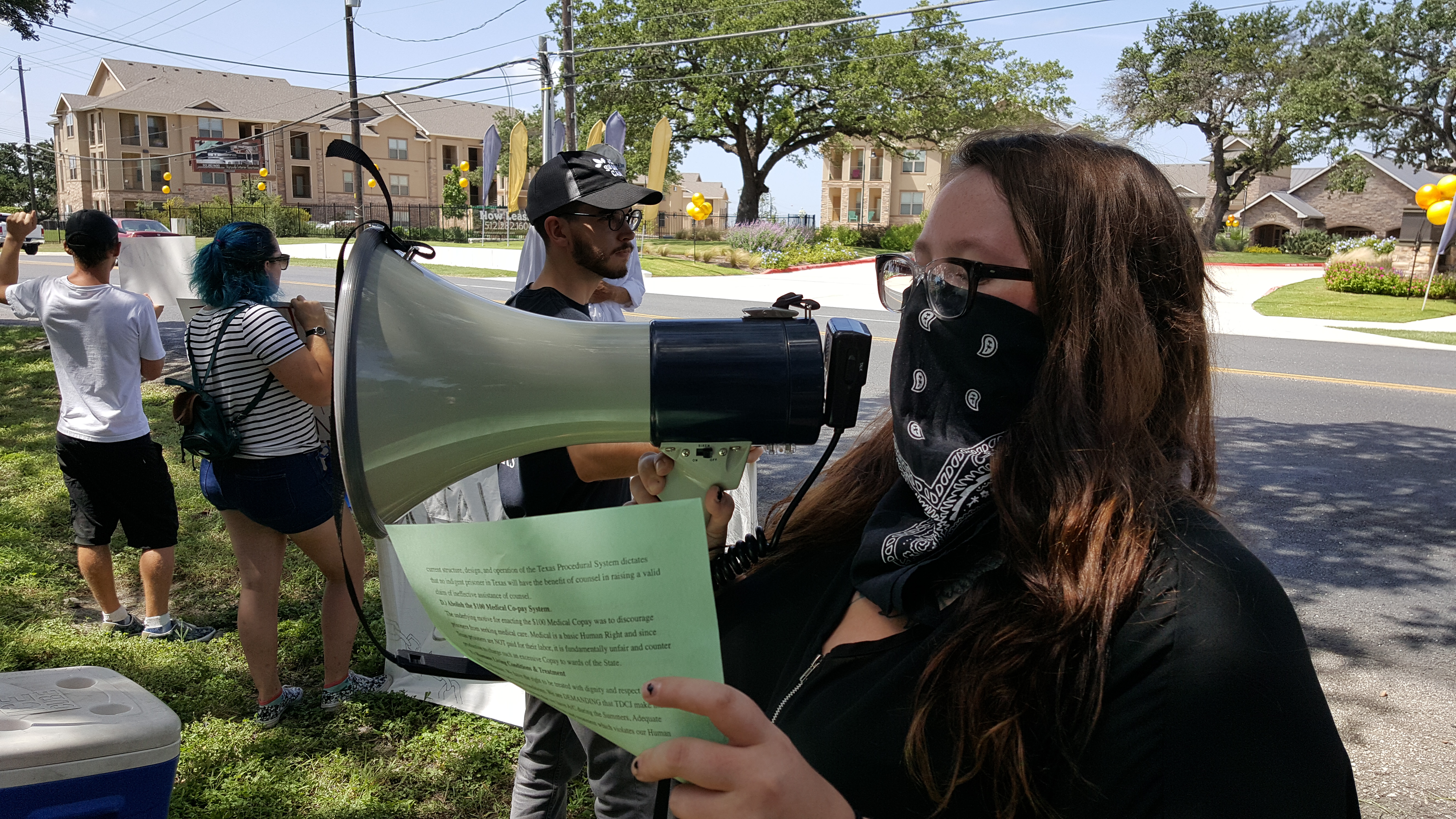Israel’s illegal settlements in the West Bank of Gaza have expanded rapidly over the past year, seriously threatening many Palestinian communities and their farmlands.
“This practice doesn’t just mean expanding into Palestinian land,” journalist Abby Martin explained in an Oct. 31 episode of “The Empire Files.”
When Martin traveled to the region for several weeks in August and September to report on the effects of Israel’s apartheid policies on the indigenous Palestinian population, her movement around Gaza was heavily restricted by Israeli forces.
Martin continued:





